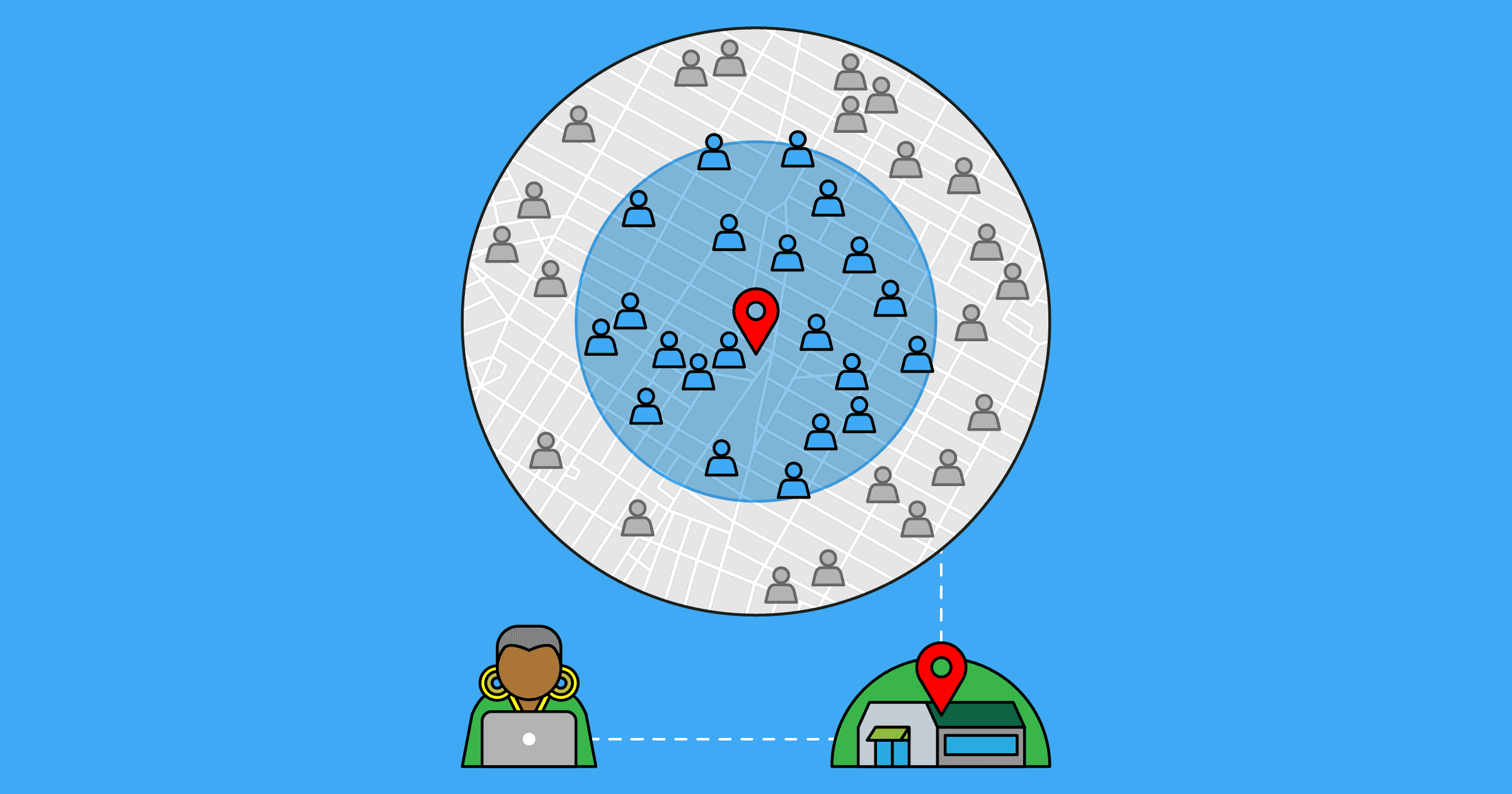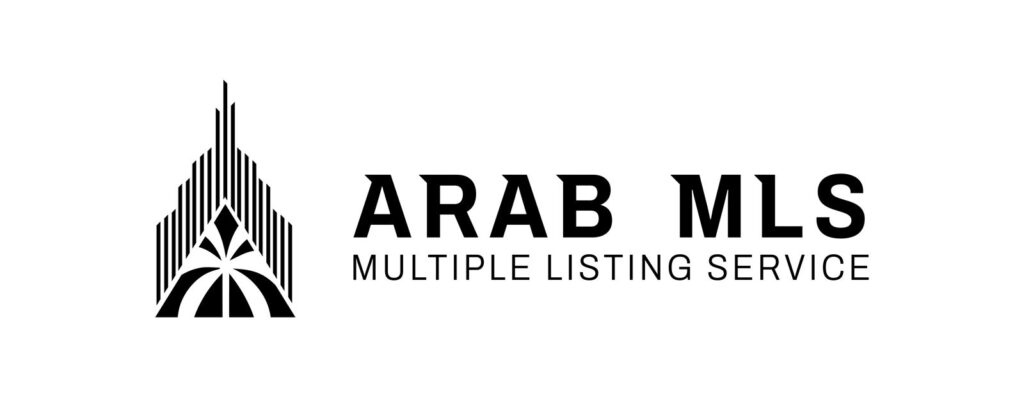Real estate has always been a local business, and its success heavily relies on understanding specific neighborhood dynamics. The advent of hyperlocal Multiple Listing Service (MLS) platforms is revolutionizing how real estate professionals, buyers, and sellers interact with property markets at the neighborhood level. These platforms focus on offering MLS data and services that are tailored to specific communities or neighborhoods, allowing for a more granular and targeted approach to real estate transactions.
This article explores the concept of hyperlocal MLS platforms, their benefits, and how they are transforming real estate practices by delivering neighborhood-level insights and enhancing both the buyer and seller experience.
What is a Hyperlocal MLS Platform?

An MLS (Multiple Listing Service) is a database used by real estate professionals to share property listings with other agents and brokers. It enables them to market properties, collaborate with other professionals, and access comprehensive data about properties available in the market.
A hyperlocal MLS platform is an MLS that narrows its focus to a specific geographic region or neighborhood, rather than a larger city or county. These platforms deliver real estate data, trends, and listings that are tailored to the needs and dynamics of particular neighborhoods. They aim to provide in-depth, hyper-targeted property information and market insights, reflecting the unique characteristics of local communities.
Hyperlocal MLS platforms might include features like:
- Neighborhood-level property data: Listings, historical price trends, property value analysis, and more.
- Local market insights: Neighborhood-specific statistics such as median home prices, time-on-market data, and inventory levels.
- Community features: Information on schools, local amenities, crime rates, and other factors important to buyers and sellers within a neighborhood.
- Localized search tools: Property searches tailored to a specific neighborhood, with filters for location, price range, and property features.
By focusing on small geographic areas, these platforms enable users to access deeper insights that can shape their decisions in a more personalized and meaningful way.
Why Do Hyperlocal MLS Platforms Matter?
Hyperlocal MLS platforms are particularly important in today’s real estate market for several reasons:
1. Rising Demand for Neighborhood-Level Insights
Homebuyers today are increasingly looking for more than just a home; they want to understand the neighborhood in which they will be living. With the rise of tools like Google Maps, Yelp, and neighborhood-based apps like Nextdoor, people are more empowered to explore the nuances of local communities.
Hyperlocal MLS platforms cater to this demand by providing detailed insights about a neighborhood’s market dynamics, local amenities, schools, crime statistics, and other relevant community information. This helps buyers make informed decisions about both the property and the neighborhood.
2. Enhancing Buyer Experience
For buyers, finding the right neighborhood is often just as important as finding the right home. A hyperlocal MLS platform allows prospective buyers to explore listings that are specifically relevant to their neighborhood preferences. This highly-targeted approach helps buyers discover homes that are not just available, but are in areas they are genuinely interested in based on lifestyle preferences, budget, and proximity to schools, work, and amenities.
3. Empowering Sellers with Precise Market Data
Sellers, too, can benefit from hyperlocal MLS platforms by accessing neighborhood-specific data to better position their properties. With detailed insights into property values, market demand, and local trends, sellers can price their homes competitively and understand what to expect from their specific neighborhood market. This information is crucial for attracting the right buyers and closing deals faster.
4. Building Community-Centric Real Estate
Hyperlocal MLS platforms foster a more community-centric approach to real estate by giving more prominence to the neighborhoods where people live. By focusing on smaller geographic areas, these platforms can drive demand for properties in areas that were previously overlooked or underappreciated.
This type of localized attention encourages a greater sense of community involvement and investment, as homebuyers feel more connected to the neighborhoods they are exploring.
Key Features of Hyperlocal MLS Platforms
A hyperlocal MLS platform includes several features that enhance its effectiveness at the neighborhood level. Some of these key features include:
1. Granular Search Capabilities
Hyperlocal MLS platforms allow buyers and agents to narrow down their property search to a specific neighborhood, block, or even street. Users can filter results based on various parameters such as:
- Price range
- Square footage
- Number of bedrooms and bathrooms
- Property type (single-family, townhouse, condo, etc.)
- Proximity to schools, parks, and public transport
This ability to refine searches makes it easier for buyers to find properties that match their needs within a desired neighborhood.
2. Market Trend Analytics
For both buyers and sellers, understanding the current market conditions is critical. Hyperlocal MLS platforms often offer features like:
- Price history: Users can view historical price trends in a particular neighborhood, helping them understand how property values have evolved.
- Days on market: This metric shows how long properties in a neighborhood typically stay on the market, helping buyers gauge the competitiveness of the market.
- Price per square foot: This is particularly useful for comparing properties within the same neighborhood to understand what is typical for the area.
With these insights, users can make data-driven decisions, whether they’re buying or selling.
3. Neighborhood-Specific Data
Beyond just property listings, hyperlocal MLS platforms often include data and information specific to the neighborhood, such as:
- Crime rates: Important for homebuyers who are concerned about safety.
- Local schools and ratings: Information about schools within the neighborhood, including ratings and reviews.
- Community features: Information about local parks, shopping centers, hospitals, and other amenities.
- Walkability scores: For urban neighborhoods, this can be a crucial factor for buyers.
4. Real-Time Notifications
Buyers, sellers, and agents can receive real-time alerts for new listings, price changes, or market trends in a specific neighborhood. This helps individuals stay up-to-date with market changes in the areas they are most interested in and react quickly when a desirable property becomes available.
5. Social Proof and Reviews
To make decisions easier, hyperlocal MLS platforms can incorporate user reviews and ratings for specific neighborhoods or even individual properties. Buyers can read reviews from neighbors, previous homeowners, and other buyers to get a feel for the community’s dynamics and what it’s like to live in that area.
Challenges and Considerations for Building Hyperlocal MLS Platforms
While hyperlocal MLS platforms offer significant potential, there are challenges that developers, real estate firms, and tech providers must overcome to build effective systems:
1. Data Coverage and Accuracy
The accuracy and completeness of data are vital when building hyperlocal MLS platforms. Providing accurate property data at a neighborhood level requires access to comprehensive MLS databases and local market information. Ensuring data is updated in real-time and consistently monitored for errors is crucial.
2. Regulatory Compliance
MLS platforms are often subject to local and national regulations, and hyperlocal MLS platforms must ensure compliance with these rules. For instance, some regions may have restrictions on how data can be shared or what can be included in MLS listings. Ensuring the platform follows all guidelines will help avoid legal complications.
3. User Engagement and Adoption
A significant challenge for any real estate platform, especially a hyperlocal one, is encouraging users to adopt the system. Agents, brokers, and buyers need to see the value of using a hyperlocal MLS platform over traditional MLS or broader search platforms. Clear marketing and incentives to engage with the platform can help drive adoption.
4. Data Integration and API Connections
Building a hyperlocal MLS requires integrating MLS data from multiple sources, including public records, agent listings, and property databases. This requires seamless API connections and data synchronization to ensure that the platform delivers up-to-date, accurate information.
The Future of Hyperlocal MLS Platforms
As the demand for personalized, neighborhood-specific real estate experiences grows, hyperlocal MLS platforms are poised for continued growth. Future developments could include:
- AI-driven insights: Advanced machine learning algorithms could offer even more personalized property recommendations based on a user’s preferences and past behavior.
- Greater community engagement: Platforms could integrate features like neighborhood forums, virtual tours, or social media to foster more interaction between buyers and local communities.
- Smarter analytics: By utilizing big data, hyperlocal MLS platforms could provide even more granular insights, such as predictive pricing, neighborhood gentrification trends, or local investment opportunities.
In summary, hyperlocal MLS platforms represent the future of real estate by catering to the growing need for localized market intelligence. By providing buyers, sellers, and agents with detailed, community-level insights, these platforms help users make more informed decisions, fostering more personalized and targeted real estate transactions. Whether it’s helping first-time buyers find their ideal neighborhood or enabling agents to offer localized expertise, hyperlocal MLS platforms are reshaping the way we experience real estate.













